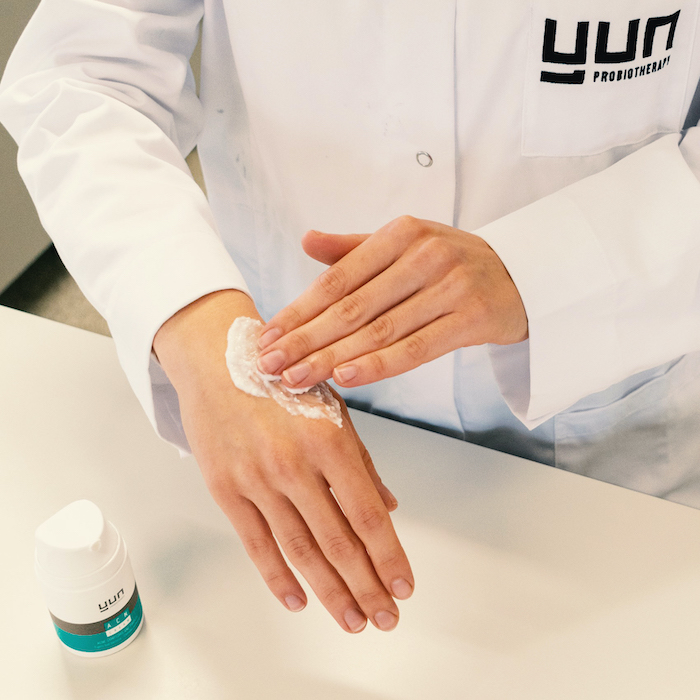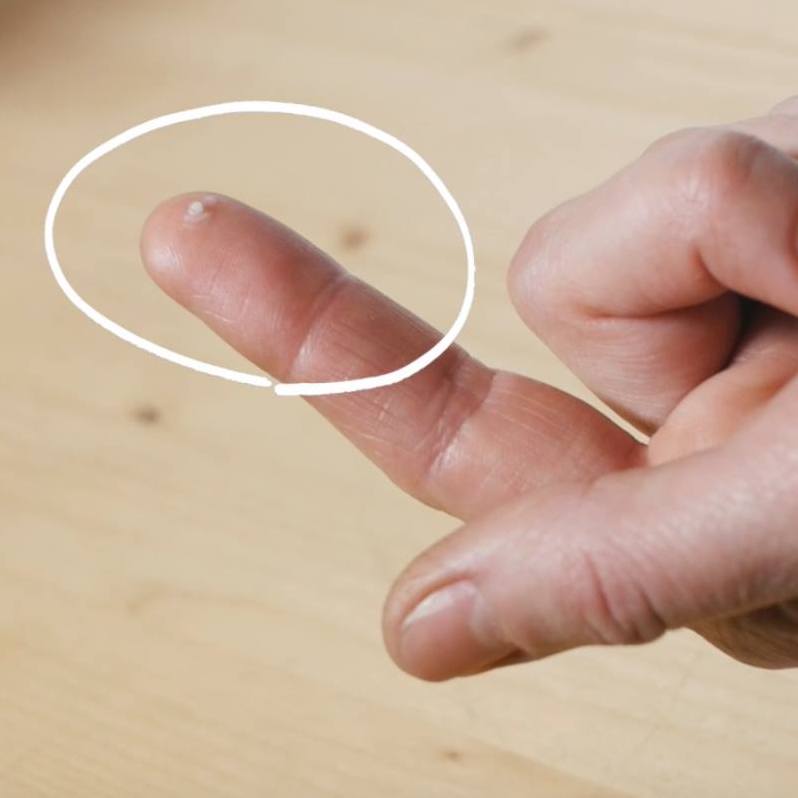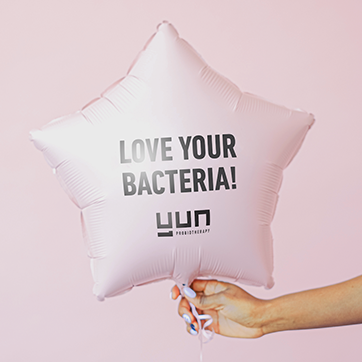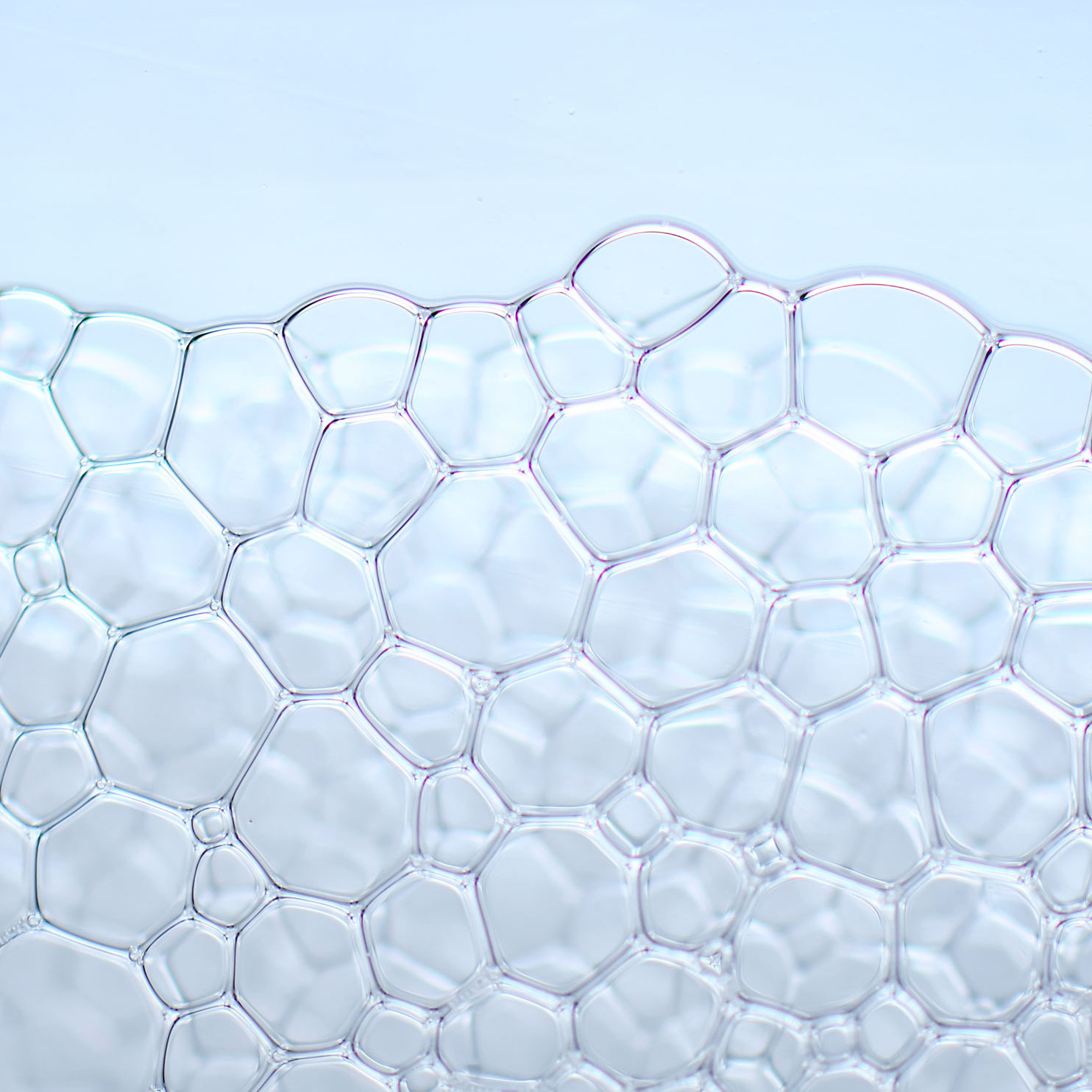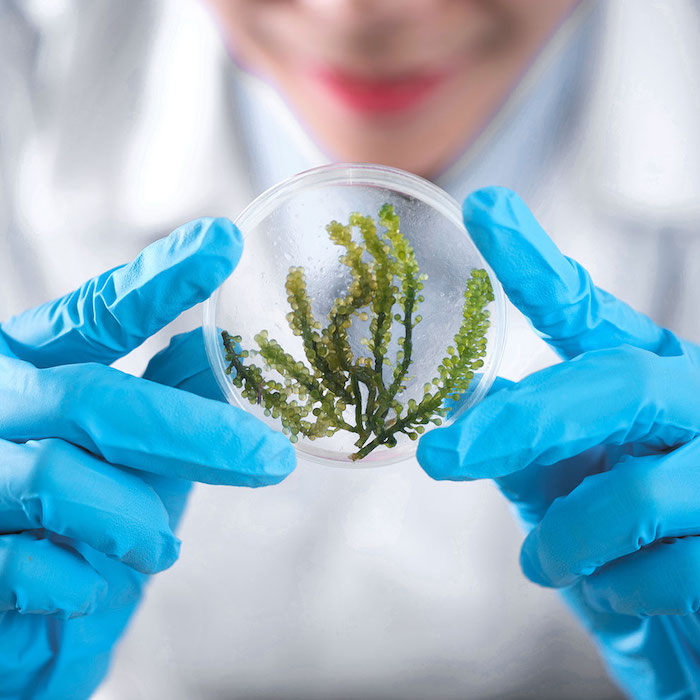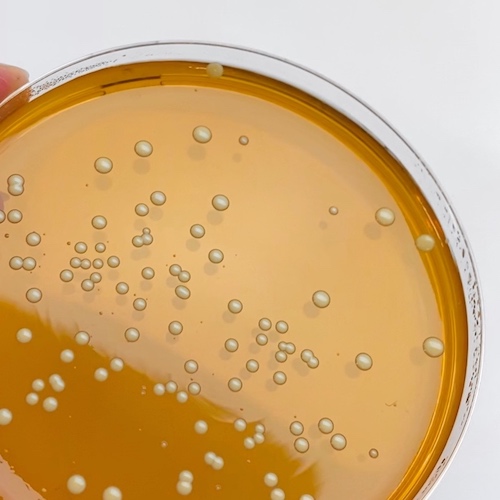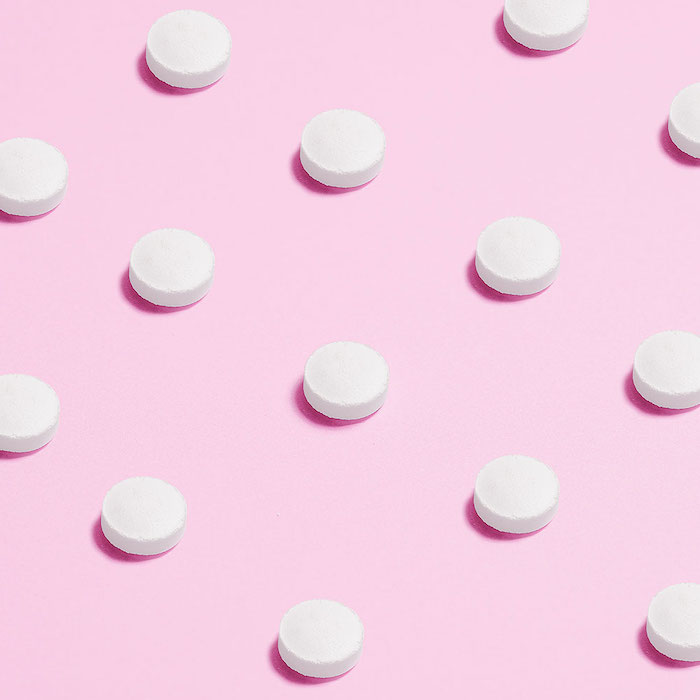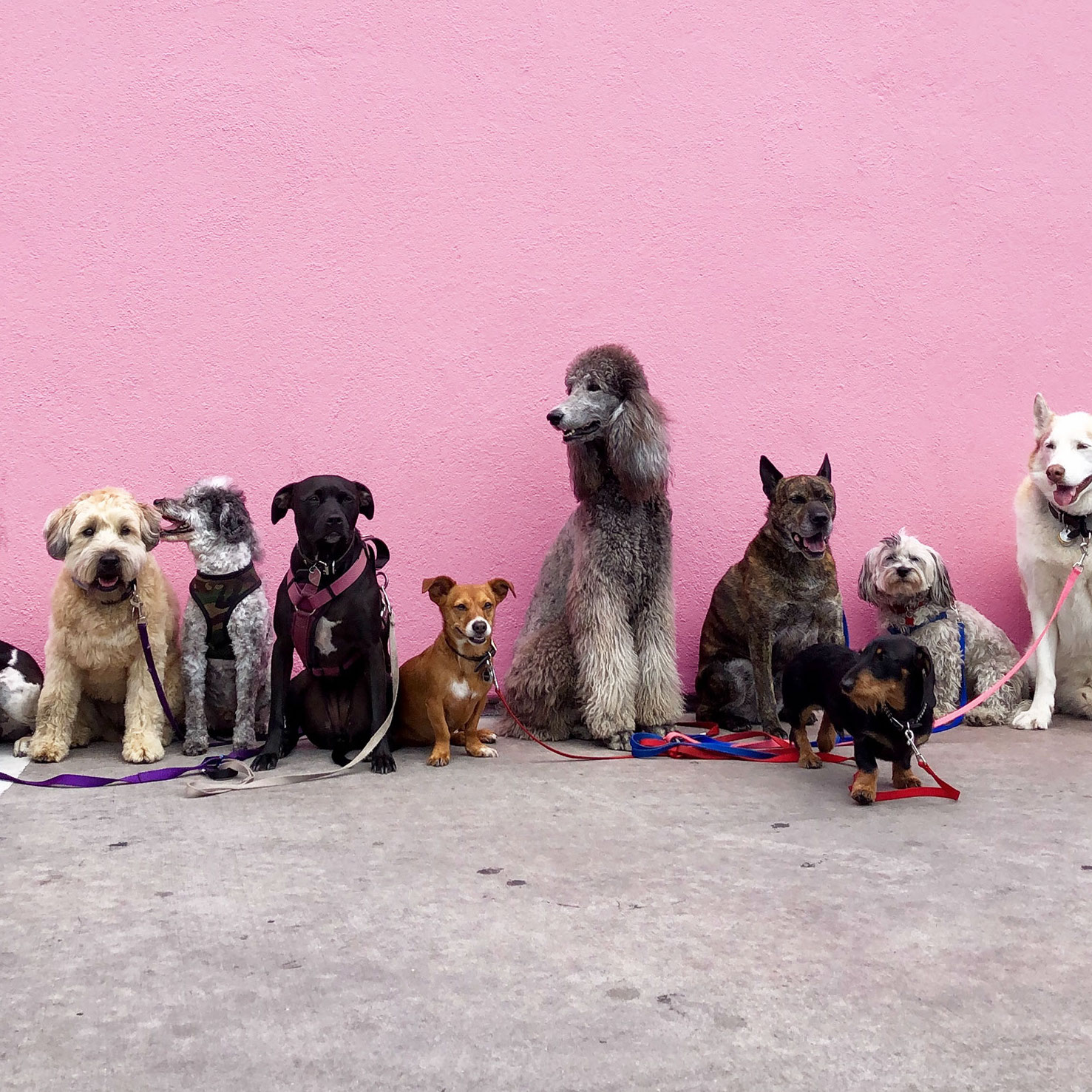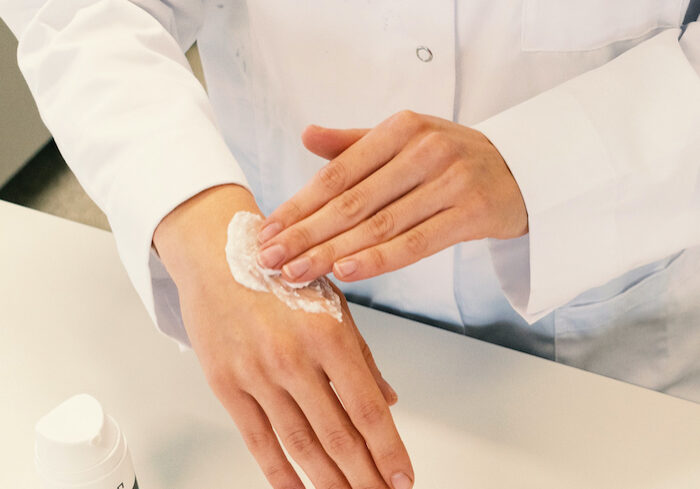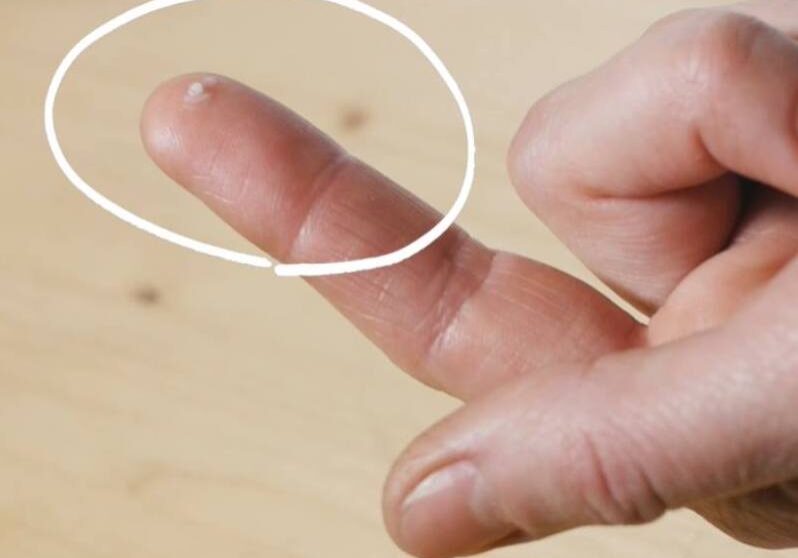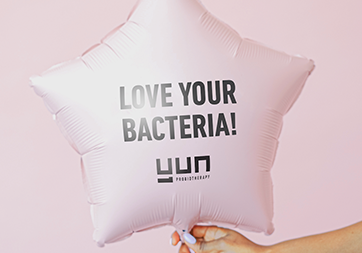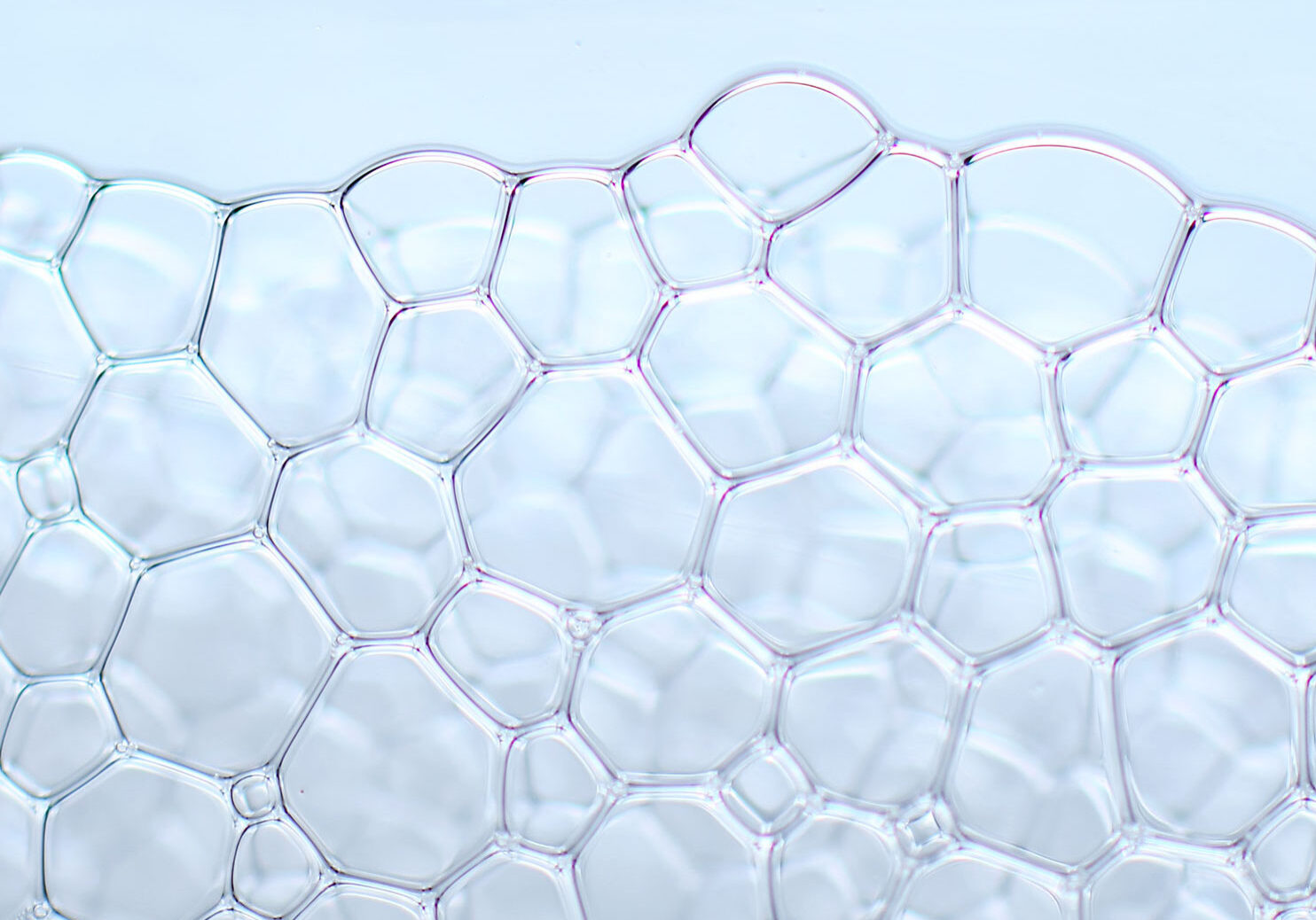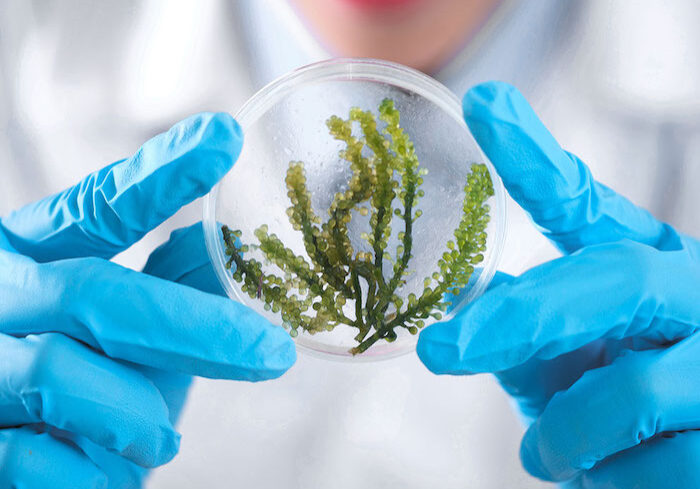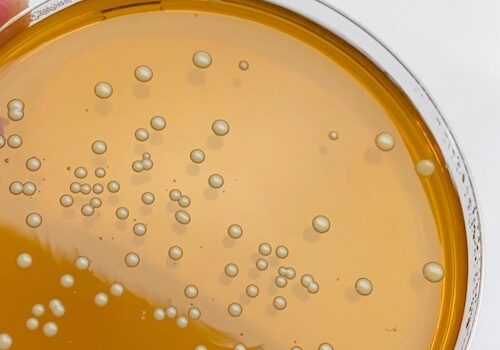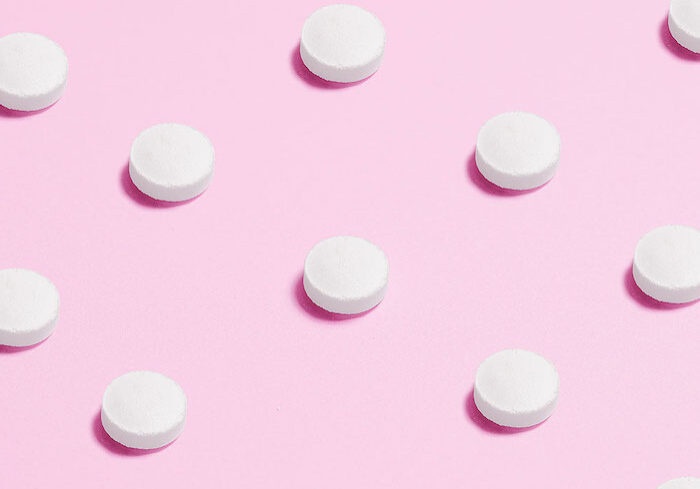
THE HUMAN MICROBIOME
We’re not exactly alone in our bodies: there are about 100 trillion bacteria that join us on our journey in life. The complete collection of all these bacteria is called the human microbiome. The largest part of our microbiome is located in our intestines. You may have already heard your internal critters referred to as your intestinal flora. But it’s not just our gut: our mouth, head, skin and vagina all contain a rich collection of bacteria.
Probiotherapy starts from the human microbiome as a central point and considers the human body as a holobiont, a collection of different species, so both eukaryotic cells and micro-organisms. All these organisms work closely together, as building blocks that support each other. Although most research is focused on the gastrointestinal tract, we must not forget the microbiome in other parts of the body, such as the skin, the vagina and the mouth. By the way, did you know that the composition of the microbiome in all these places differs a lot?
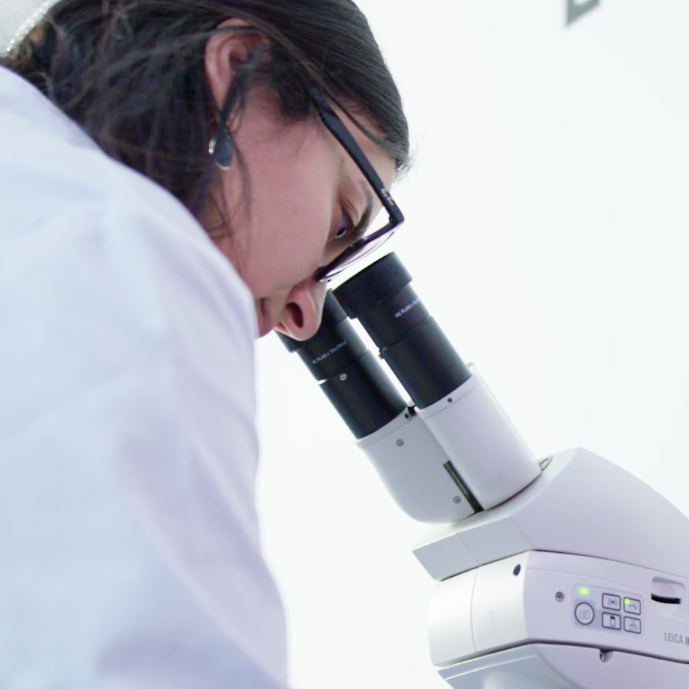
HUMAN MICROBIOME PROJECT
Until recently scientists did little research on the human microbiome. The influence of the microbiome on human development, physiology, immunity and food was largely unknown. In 2008 the National Institutes of Health (USA) launched the Human Microbiome Project (HMP). Their mission is to identify the human microbial communities and to analyse their role in relation to health and disease.
The human microbiome already starts before birth. Research shows that small amounts of bacteria are already present in the uterus, the placenta and in the amniotic fluid of the foetus. Though the foetus comes into contact with bacteria before birth, the most important starting population is passed on to the baby during natural birth through the mother’s birthing canal. These maternal bacterial species are useful and necessary for our health. They provide a large diversity of both benign and harmful microorganisms that sit on the skin, in the mouth and the intestines of the baby. Their presence ensures the baby can develop a strong permanent microbiome and a well-trained immune system.
Human cells make up only 43% of the body’s total cell count. The remaining 57% are bacteria, fungi and single-celled eukaryotes that live in our guts, in our mouths, on our skins, and in the female reproductive tract. So in total, you have more than 1.5 trillion bacteria!
COMPOSIOTION OF THE MICROBIOME
The microbiome varies greatly per location. Some 400 bacterial species can be found in our digestive system, whereas the vagina “only” hosts some 300 types. Furthermore there are several factors that determine the appearance of your microbiome. Your living conditions affect the diversity of bacterial species in your body as much as genetics do. You will have a different microbiome if you live in the desert or at the seaside. Then again your microbiome is similar to that of your relatives and housemates. Your diet influences the microbiome as well.
The proportion at which bacteria occur in and on your body differs from person to person. Each person has their own unique microbiome which is as unique as a fingerprint.
THE BACTERIAL REVOLUTION
There is an ever-increasing frenzy surrounding microbiome and more specifically probiotics. This is largely fueled by surging scientific and public interest in the human microbiome: the market segments of pharmabiotics and probiotics are rapidly growing, driven by the increasing scientific focus and efficacy, particularly gut probiotics and digestive wellbeing. Further, there is an emerging customer recognition and demand for safe OTC products with added benefits, resulting in increasing funding for genomics companies.
Interesting references:
Mitchell CM, Haick A, Nkwopara E, Garcia R, Rendi M, Agnew K, Fredricks DN,
Eschenbach D. Colonization of the upper genital tract by vaginal bacterial
species in nonpregnant women. Am J Obstet Gynecol. 2015 May;212(5):611.e1-9. doi:
10.1016/j.ajog.2014.11.043. Epub 2014 Dec 16. PubMed PMID: 25524398; PubMed
Central PMCID: PMC4754962.
READ MORE
Proudly mentioned in







Menu
Contact
+32 (0)3 443 04 70
info@yun.be
Galileilaan 15
2845, Niel
Belgium
Social
With the support of



